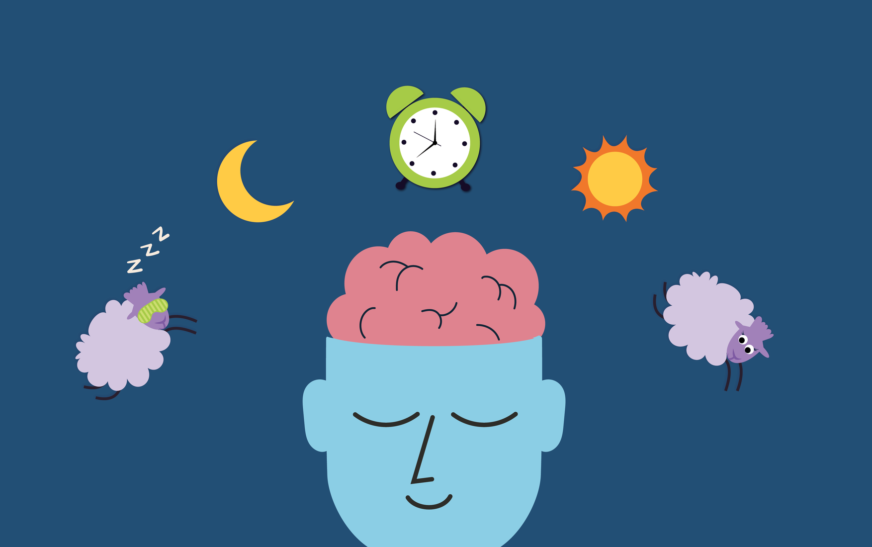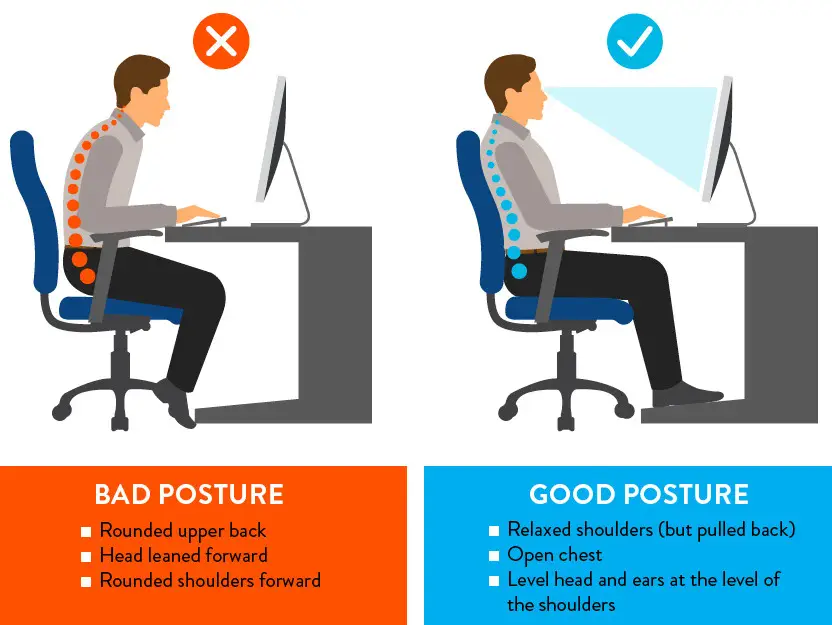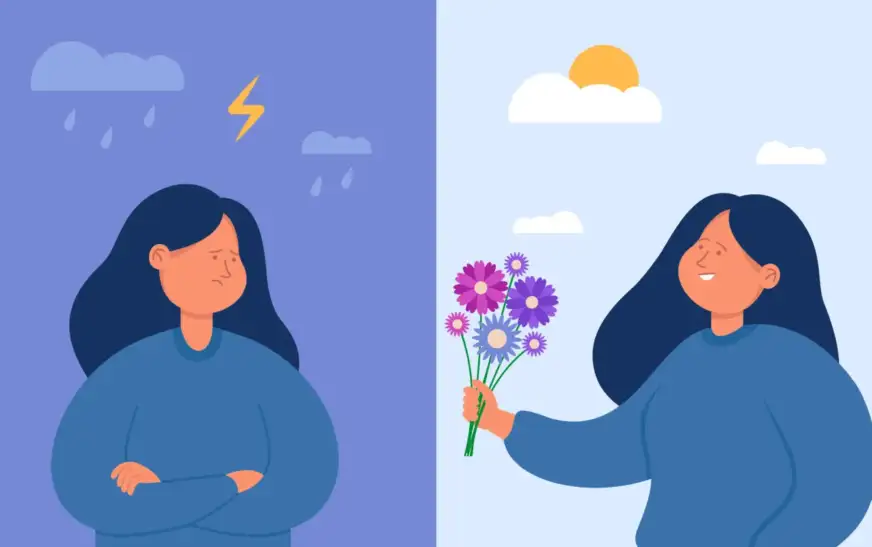Introduction to the link between sleep and mental health
Sleep is often seen as a luxury in our fast-paced world. We sacrifice it for work, socializing, or simply binge-watching the latest series. But what if we told you that this seemingly innocent trade-off could have serious repercussions on your mental health? The truth is, sleep and mental health are deeply connected—a relationship that deserves attention.
When we skimp on shut-eye, we’re not just leaving ourselves groggy; we’re also paving the way for anxiety, stress, and even depression to creep in. Understanding how these two elements intertwine can be the key to improving both our sleep quality and overall well-being. Let’s dive deeper into this essential connection between sleep and mental health and uncover ways to foster better nights for brighter days ahead.

The impact of lack of sleep on mental health
Sleep deprivation can lead to a cascade of negative effects on mental health. When the body doesn’t get enough rest, cognitive functions suffer. This includes decision-making abilities and memory retention.
Mood swings become more pronounced as well. Without adequate sleep, individuals may experience irritability or heightened emotional responses. The brain struggles to regulate emotions effectively in this state.
Moreover, chronic lack of sleep is linked with an increase in anxiety levels. Those who constantly feel tired often find themselves spiraling into worry and fear over daily challenges.
Physical symptoms also manifest due to insufficient sleep. Fatigue can cause tension headaches or migraines, compounding feelings of distress and discomfort.
In essence, neglecting sleep creates a vicious cycle that makes managing mental health issues even harder than they already are. Prioritizing restorative slumber is essential for maintaining both clarity of thought and emotional balance.
The role of sleep in managing stress and anxiety
Sleep plays a crucial role in managing stress and anxiety. When we sleep, our bodies undergo restorative processes that help regulate mood and emotional responses.
Lack of sleep can heighten feelings of stress. The brain struggles to process emotions effectively when it’s fatigued. This leads to an increased sensitivity to stressors that would otherwise seem manageable.
Quality rest allows the mind to clear itself from racing thoughts. It provides a much-needed break from daily pressures. A well-rested individual is better equipped to tackle challenges head-on.
Additionally, sufficient sleep enhances problem-solving skills and creativity. These attributes are vital for finding solutions during stressful times. Prioritizing restful nights can make navigating life’s ups and downs feel less daunting.
Embracing a consistent sleep schedule fosters resilience against anxiety triggers too. By nurturing this connection between sleep and mental health, individuals can cultivate a calmer mindset amid chaos.
How poor sleep can contribute to depression
Poor sleep can have a profound effect on mental health, particularly when it comes to depression. When you don’t get enough restorative sleep, your brain struggles to regulate emotions effectively. This imbalance can intensify feelings of sadness or hopelessness.
Moreover, disrupted sleep patterns often lead to irritability and mood swings. These changes can create a vicious cycle where negative thoughts spiral out of control due to exhaustion.
Research shows that individuals with insomnia are at higher risk for developing depressive disorders. The link is so strong that treating sleep issues often provides relief from depressive symptoms.
The relationship between poor sleep and depression is complex but undeniable. Addressing one may help improve the other, highlighting the need for proper rest as part of mental health care.

The connection between sleep disorders and mental illnesses
Sleep disorders and mental illnesses often intertwine, creating a complex web of challenges. Individuals with conditions like anxiety or depression frequently report difficulties in achieving restful sleep. This can manifest as insomnia, nightmares, or restless leg syndrome.
Conversely, persistent sleep disturbances may exacerbate existing mental health issues. The relationship is reciprocal; poor sleep hygiene can lead to increased stress levels and emotional instability.
Conditions such as sleep apnea have been linked to higher rates of mood disorders. The interrupted breathing disrupts the natural sleep cycle, leading to fatigue that affects cognitive function.
Moreover, individuals diagnosed with bipolar disorder often experience irregular sleep patterns during manic episodes. Understanding this connection between disrupted rest and psychological health is crucial for effective treatment plans.
Addressing both aspects simultaneously may pave the way for enhanced overall well-being and recovery strategies tailored to individual needs.
Tips for improving sleep for better mental health
Establishing a bedtime routine can significantly enhance sleep quality. Try to go to bed and wake up at the same time every day, even on weekends. This consistency helps regulate your body’s internal clock.
Creating a calming environment is crucial too. Make sure your bedroom is dark, quiet, and cool. Consider using blackout curtains or white noise machines if needed.
Limit screen time before sleep. The blue light emitted by phones and computers can disrupt melatonin production, making it harder to fall asleep.
Mindfulness practices such as meditation or deep breathing exercises can reduce anxiety levels. Engaging in these activities before bedtime prepares your mind for rest.
Be mindful of what you consume in the evening. Caffeine and heavy meals close to bedtime may interfere with sleep quality. Opt for herbal teas or light snacks instead for better results.
Conclusion: The importance of prioritizing both sleep and mental health for overall well-being
Prioritizing sleep and mental health is essential for achieving overall well-being. A good night’s rest fuels your mind and body, while also allowing you to cope better with daily stressors. Sleep isn’t just a time for your body to recharge; it’s when your brain processes emotions, consolidates memories, and regulates mood.
By recognizing the strong connection between sleep and mental health, individuals can take proactive steps toward improving both areas of their lives. This could mean establishing a consistent bedtime routine or seeking help if you’re struggling with a sleep disorder or persistent anxiety.
Focusing on quality sleep paves the way for enhanced emotional resilience. The benefits extend beyond mere rest—better sleep leads to clearer thinking, improved relationships, and greater productivity during waking hours.
Making small adjustments in lifestyle can create significant changes over time. Embrace habits that support restful nights alongside practices that foster mental clarity. The journey towards holistic wellness starts with valuing both aspects equally because they are inherently intertwined in our quest for happiness and health.






